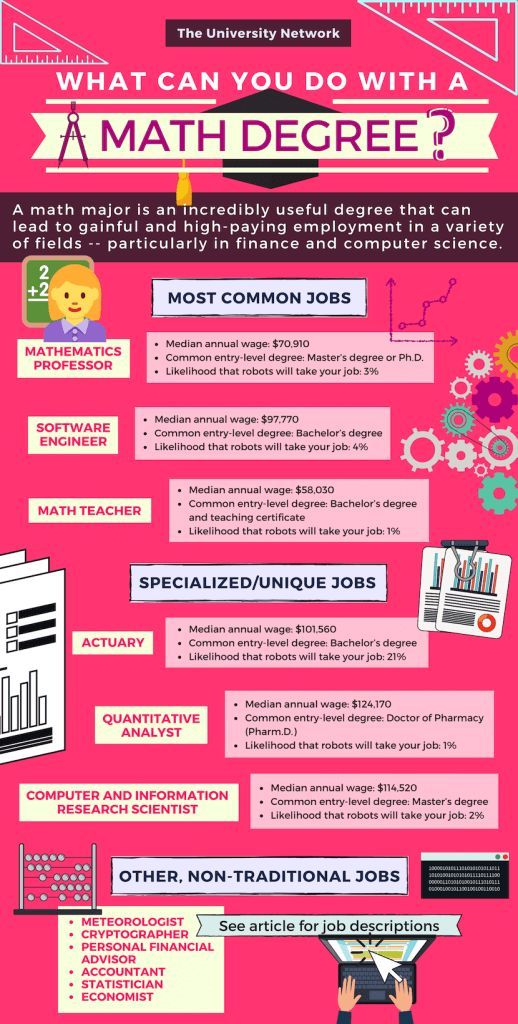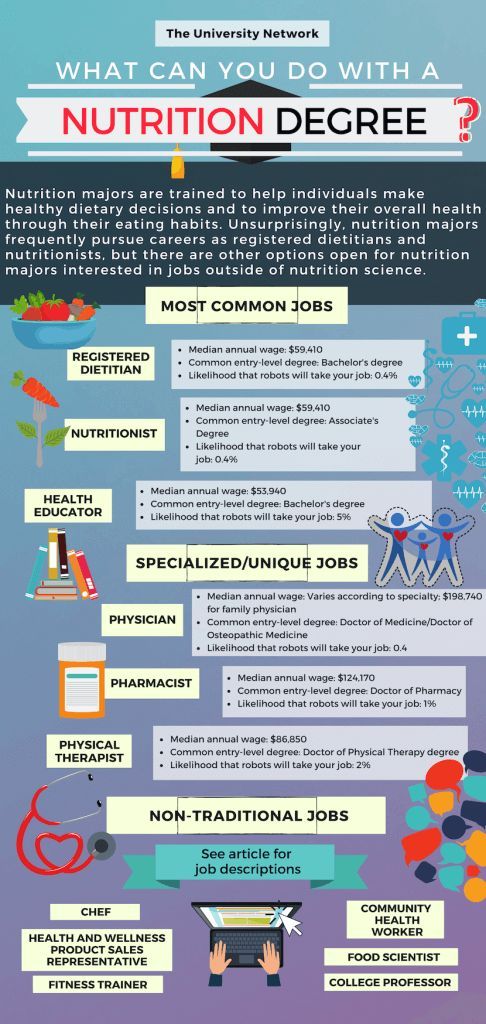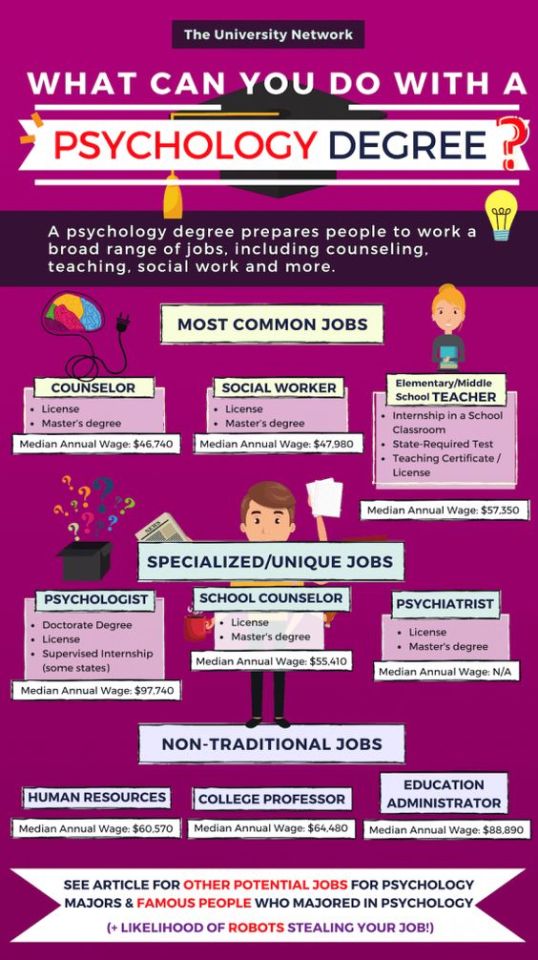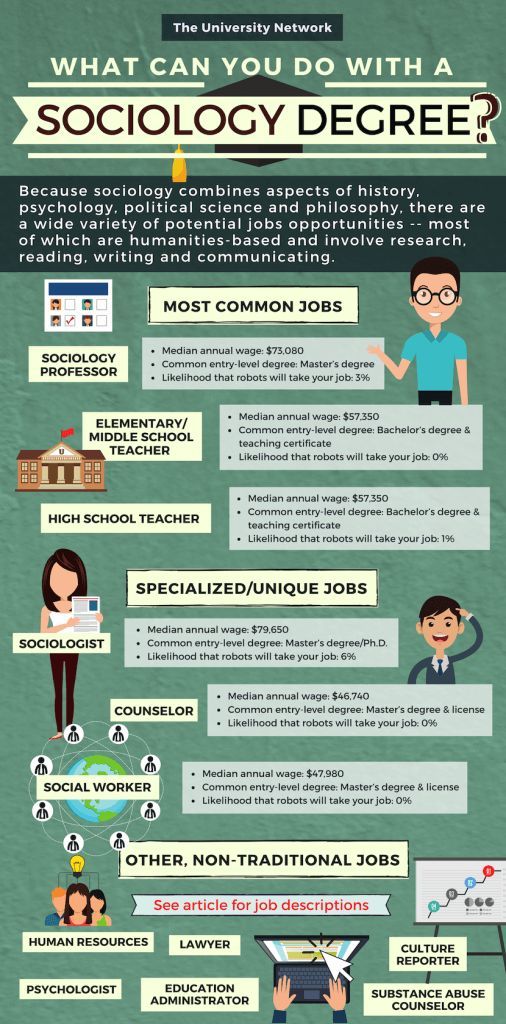Work On A Scientific Article
Work on a scientific article
What it actuallly entails:
Come up with an idea, define an interesting problem
Do thorough literature research. Maybe similar stuff was already done. Define the knowledge gap well.
Plan in detail, how we can solve the problem, design experiments
Reach out to potential collaborators, agree with them on a plan
Buy necessary equipment, chemicals
Do pilot experiment, optimize the conditions to get reliable data
Perform experiments, calculations, make everything multiple times so it's reliable
Analyze the data
Urge collaborators to deliver their parts
Coordinate your progress with the collaborators
Manage the collaborations, organize meetings
Be diplomatic, you don't want to make enemies in academia
Agree with direct colleagues, who worked on it, what will be the message of the article. Will it be a long story and we need to add some more data? Or will it be short and right to the point and we write a short "letter"?
Do literature research again. Maybe new stuff appeared, and for sure your data must be confronted and discussed with already known facts.
Write the first draft of the article
Send it around for feedback, first only to direct colleagues from your lab
Incorporate the feedback, maybe do more experiments and more analysis
Rewrite the manuscript
Send it around the second, third, fourth, fifth... time
Incorporate the feedback
Send the manuscript to all collaborators.
Wait for the feedback, urge everyone to give it, maybe you don't have all data from all the collaborators yet
Incorporate feedback
Prepare the manuscript for journal submission
Get approval from all co-authors
Submit the manuscript
Wait for editor response, hopefully they send it to reviewers. If not, you need to rewrite a bit the article to adhere to the new journal's format and send somewhere else.
Get reviewers' reports, deal with them, reply truthfully, make effort to explain everything even if you know that the reviewer's suggestion is just impossible or irrelevant. Be diplomatic.
Maybe you need to do an additional experiment, analysis, or rewrite a major part fo the manuscript. This can take months.
Submit revised manuscript with all the changes
Wait for editor's nad reviewers' comments in the second round. You can get many rounds of review and still get rejected.
Finally get a "Congratulations, your manuscript has been accepted for publication"
Pop a shampagne! You deserve it!
What part of this do you usually do in different career stages:
BSc. and MSc. students: Perform experiments and analyze data
PhD students: Do all the experimental and analysis parts, write the manuscript, discuss with their supervisor and direct colleagues, incorporate feedback. But does not have to come up with their own idea and manage collaborations and diplomacy.
Postdocs: Do literally everything on the list
Group leader/Professor: Do the thinking and managing parts, help with writing and feedback, provide discussions and insight. Do not perform actual experiments and analysis.
Being a postdoc is the transformation between the student and the group leader.
As such, we just have to do all these tasks. It's stressful. It's challenging. It's definitely not boring. I am taking every opportunity to get a student, who can help with the experimental repetitions so I have time for all the other stuff.
More Posts from Csmsdust and Others


Illustrations of electrical sparks from Memorie - Classe di scienze fisiche, matematiche e naturali ser.3:v.1:disp.1 (1877).
Full text here.
A Drop's Shape Effects

Falling raindrops get distorted by the air rushing past them, ultimately breaking large droplets into many smaller ones. This research poster shows how variable this process is by showing two different raindrops, both of the same 8-mm initial diameter. (Image credit: S. Dighe et al.) Read the full article


About a month ago I was presenting at the annual conference of the Dutch Physical Society Fysica 2021. Now, I got the June issue of their magazine, in which they look back at the highlights of the conference. I was in a good company indeed!
In the Young’s Speakers Contest I ended up closely second with 34% of the votes from the 700 people listening to the story of my research. (The winner got 38%.)
Although I did not win the contest, I was presenting at the same stage with two Nobel Prize winners in Physics and got a brilliant response from the audience. This meeting will for sure stay in my memory and the magazine page goes directly on a display in my home office. I am immensly proud of myself and take this achievement as a great motivation to keep doing what I love — high quality research.
Recording of the whole virtual meeting via the link below. If you are curious about my work, jump to the presentation at 01.37.19 – Adela Melcrova: ‘No pores: The unexpected physics of a new antibiotic’. https://www.fysica.nl/

6.12.2022.










Starting uni again + honorable mention, my support animals
-
 lickyblicky182 liked this · 2 weeks ago
lickyblicky182 liked this · 2 weeks ago -
 svnrae liked this · 2 weeks ago
svnrae liked this · 2 weeks ago -
 maus-bau liked this · 2 months ago
maus-bau liked this · 2 months ago -
 studysocialsciences reblogged this · 2 months ago
studysocialsciences reblogged this · 2 months ago -
 nothingmuchsoever liked this · 2 months ago
nothingmuchsoever liked this · 2 months ago -
 kewlymccool liked this · 2 months ago
kewlymccool liked this · 2 months ago -
 girlmartian liked this · 2 months ago
girlmartian liked this · 2 months ago -
 aibhilin-atibeka reblogged this · 2 months ago
aibhilin-atibeka reblogged this · 2 months ago -
 aibhilin-atibeka liked this · 2 months ago
aibhilin-atibeka liked this · 2 months ago -
 thisisonlymymainaccount liked this · 4 months ago
thisisonlymymainaccount liked this · 4 months ago -
 somethingelsefine liked this · 4 months ago
somethingelsefine liked this · 4 months ago -
 definitelyy-not-a-vampire liked this · 4 months ago
definitelyy-not-a-vampire liked this · 4 months ago -
 liartogirls reblogged this · 5 months ago
liartogirls reblogged this · 5 months ago -
 tasteslikesoap liked this · 5 months ago
tasteslikesoap liked this · 5 months ago -
 miss-biophys reblogged this · 5 months ago
miss-biophys reblogged this · 5 months ago -
 t4twizards liked this · 5 months ago
t4twizards liked this · 5 months ago -
 cytoplasm21799 liked this · 5 months ago
cytoplasm21799 liked this · 5 months ago -
 unknownmusiciann liked this · 6 months ago
unknownmusiciann liked this · 6 months ago -
 levitating-lawnchairs liked this · 6 months ago
levitating-lawnchairs liked this · 6 months ago -
 simplisticallyconfused liked this · 6 months ago
simplisticallyconfused liked this · 6 months ago -
 biologically-confused liked this · 6 months ago
biologically-confused liked this · 6 months ago -
 qidynamics reblogged this · 6 months ago
qidynamics reblogged this · 6 months ago -
 qidynamics reblogged this · 6 months ago
qidynamics reblogged this · 6 months ago -
 qidynamics liked this · 6 months ago
qidynamics liked this · 6 months ago -
 someblog-or-such liked this · 6 months ago
someblog-or-such liked this · 6 months ago -
 miss-biophys reblogged this · 6 months ago
miss-biophys reblogged this · 6 months ago -
 theillustrated-woman liked this · 6 months ago
theillustrated-woman liked this · 6 months ago -
 freepursejudgeartisan liked this · 7 months ago
freepursejudgeartisan liked this · 7 months ago -
 starplanettricks liked this · 7 months ago
starplanettricks liked this · 7 months ago -
 o2studies liked this · 7 months ago
o2studies liked this · 7 months ago -
 poblachtnahoibrithe liked this · 7 months ago
poblachtnahoibrithe liked this · 7 months ago -
 iwillresthere reblogged this · 7 months ago
iwillresthere reblogged this · 7 months ago -
 miss-biophys reblogged this · 7 months ago
miss-biophys reblogged this · 7 months ago -
 caffeining liked this · 7 months ago
caffeining liked this · 7 months ago -
 echelonone liked this · 7 months ago
echelonone liked this · 7 months ago -
 junenrings reblogged this · 8 months ago
junenrings reblogged this · 8 months ago -
 junenrings liked this · 8 months ago
junenrings liked this · 8 months ago -
 buubbd reblogged this · 8 months ago
buubbd reblogged this · 8 months ago -
 05mono liked this · 8 months ago
05mono liked this · 8 months ago -
 genderfucker69 reblogged this · 8 months ago
genderfucker69 reblogged this · 8 months ago -
 caffeinated-ravenclaw reblogged this · 9 months ago
caffeinated-ravenclaw reblogged this · 9 months ago -
 caffeinated-ravenclaw liked this · 9 months ago
caffeinated-ravenclaw liked this · 9 months ago -
 belowaveragebro liked this · 9 months ago
belowaveragebro liked this · 9 months ago -
 anemonebythesea liked this · 9 months ago
anemonebythesea liked this · 9 months ago -
 reionized liked this · 9 months ago
reionized liked this · 9 months ago -
 aurltas liked this · 9 months ago
aurltas liked this · 9 months ago -
 cbc-bb reblogged this · 9 months ago
cbc-bb reblogged this · 9 months ago






